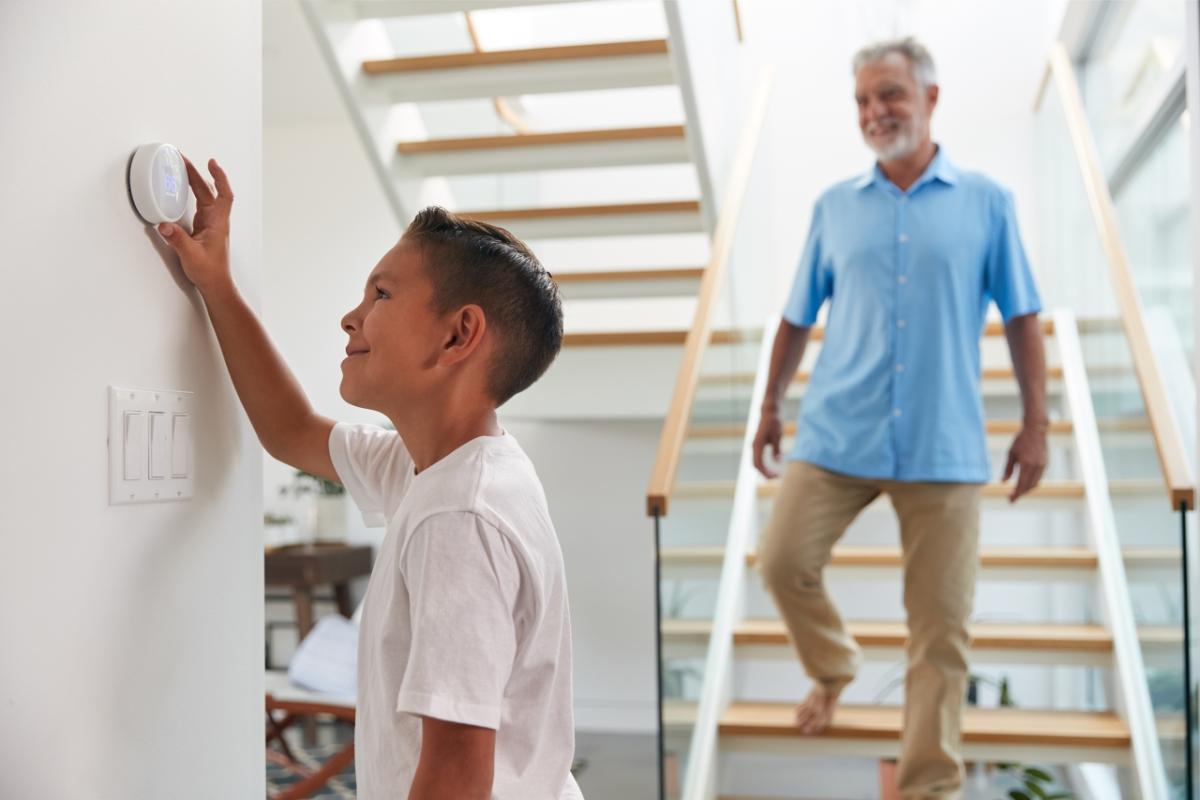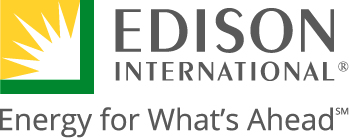Keeping Cool: 8 Tips for Air Conditioner Efficiency
SCE recommends these tips to keep your air conditioner from working harder than necessary.

By Ron Gales, ENERGIZED by Edison Writer
First in a three-part series
With Southern California experiencing hotter summers each year, cranking up the air conditioner is necessary for many Southern California Edison residential and business customers.
Air conditioning systems typically consume much more energy than other household or office appliances. Air conditioners use about 6% of all the electricity produced in the United States, at an annual cost of about $29 billion on customer electric bills, according to energy.gov.
While it’s essential to stay cool in the summer, keeping air conditioner usage from driving up electric bills is just as important.
Here are ways to operate and maintain the cooling system in your home or office so that it wastes as little energy as possible:
- Keep the cool in: An air conditioning system will work much harder than needed if cooled indoor air escapes through faulty seals on doors and windows, poorly insulated attics or other small breaches. Seal as many cracks and air leaks as possible and install weather stripping in doorways to keep the cool air inside your space. Closing window coverings also helps to slow heat transfer from the sun’s rays to an interior space.
- Add electric fans to the mix: Ceiling, floor or tabletop fans use much less energy than air conditioning systems. In hot weather, using fans to supplement the air conditioning system lets you set the thermostat two degrees higher (from 78⁰F to 80⁰F, for example) while keeping the same personal comfort level. Note: Fans cool people, not spaces, so turn off the fan when leaving the area.
- Demand Response: SCE offers programs that provide incentives for reducing electricity use during periods when the overall electricity demand is high. Learn more about programs that can save energy and money, such as SCE’s Summer Discount Plan or Smart Energy Program, at sce.com/residential/demand-response.
The following tips are specific to users of central air conditioning:
- All about flow: The vents of a central air conditioning system draw in warm air (called “return grilles”) and blow out cold air (“supply registers”). Keep the areas around supply registers and return grilles as clear as possible from obstructions like furniture or bulky objects. Also, it is essential to keep these vents free from dust and dirt buildup. Otherwise, the system uses more energy to circulate air.
- Filters: Replace the air filters for central air conditioning systems every 3 to 6 months. A clogged air filter restricts airflow and makes the system work harder. Important: The new air filter should be an exact fit; a replacement filter that’s “close enough” but not exact allows dust and dirt to bypass the filter and build up in the system’s cooling coil, making the system work harder. Find the correct filter online if it’s unavailable at a local store. Refer to the equipment specifications or product manual for the precise filter size and efficiency rating for your air conditioning system.
- Sizing matters: When installed, the central air conditioning system and its ducting must be correctly “sized” for the space being cooled. A previous owner may have installed a larger air conditioning system hoping to add more cooling power, but an undersized or oversized system wastes energy. Using load calculation software, a certified technician can check if your system is accurately sized for the space.
- Heat pumps: When your heating, ventilation and air conditioning (HVAC) equipment has reached its end of life, consider replacing it with a highly efficient central (or mini-split) air source heat pump. Beyond saving energy and lowering utility bills, it will support statewide decarbonization goals for a cleaner energy future.
- Open space: Keep registers and doors to empty rooms open to encourage air circulation; use the lever on registers for directional purposes only, not for shutting them. Many central air conditioning system users close vents or shut interior doors to save energy, but if the system and ducting are sized properly, reducing the airflow to the space wastes energy.
Learn more about rebates and incentives that can help you conserve energy and save money at , and more energy-saving tips at sce.com/residential/home-energy-guide.
For more information about SCE’s clean energy efforts, visit edison.com/CleanEnergy.

